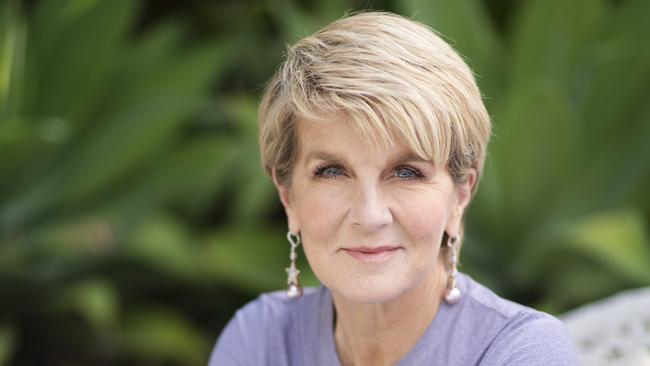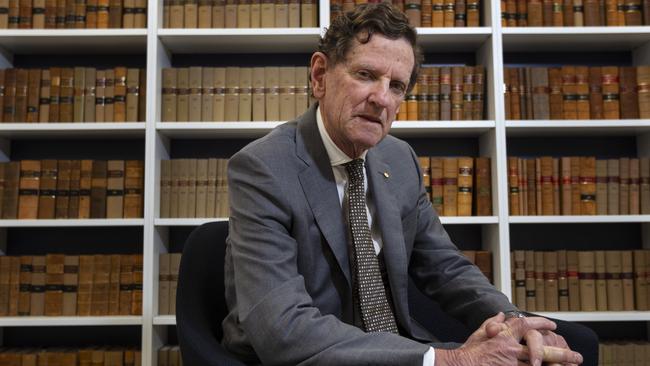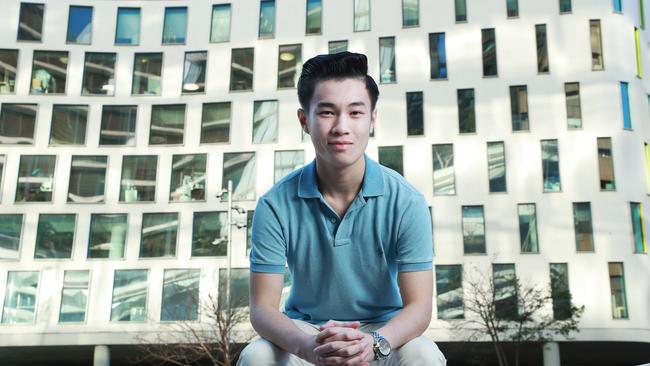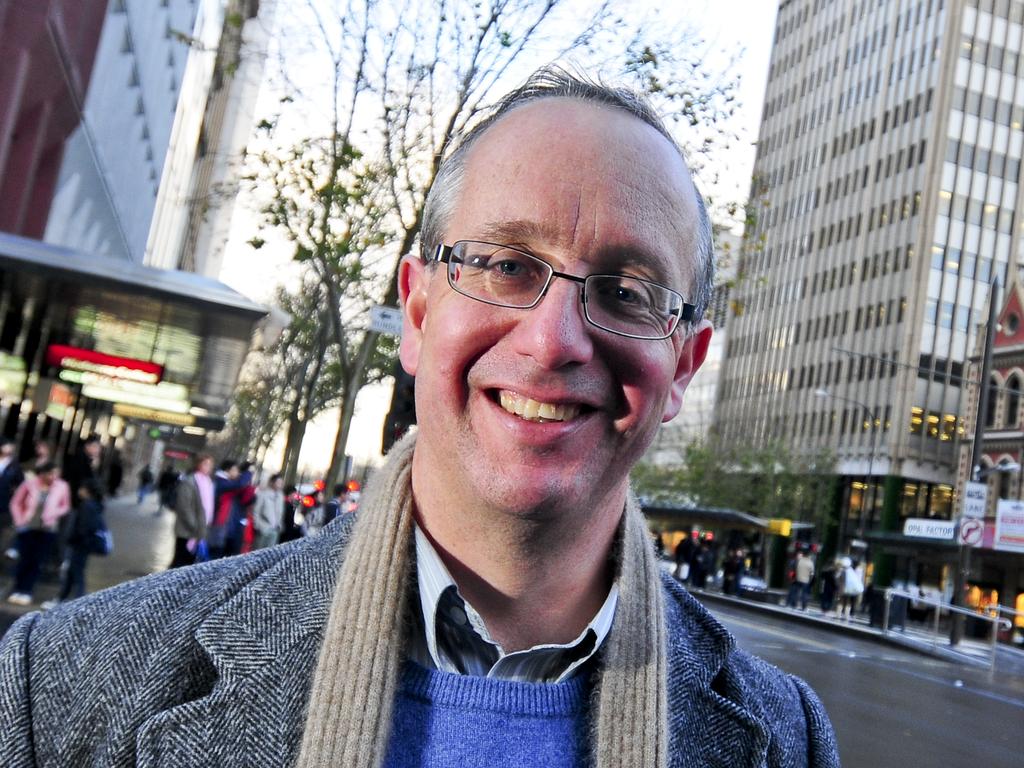Uni fee reforms ‘risk rush for humanities’
More students could be enrolled in humanities courses despite the targeted overhaul.

More students could be enrolled in humanities courses under a landmark shake-up of university funding despite the government’s aim of reducing the take-up of arts and law degrees, two of the nation’s most high-profile chancellors have said.
Robert French and Julie Bishop — the chancellors of the University of Western Australia and the Australian National University respectively — told The Australian the overhaul could have unintended consequences.
Education Minister Dan Tehan’s reforms are intended to push students towards STEM courses — science, technology, engineering and maths — by reducing how much they pay, and leading them away from law, arts and humanities, for which they would need to pay more.
The Australian revealed on Monday that universities would receive less funding to teach STEM courses under the reforms, as changes to government contributions do not make up for revenue lost via student fees.
Mr Tehan has moved to prioritise careers in the STEM fields, arguing they will help fill more jobs and provide a better kickstart for the economy as Australia emerges from the COVID-19 pandemic.
Mr French, a former chief justice of Australia, said the “jury is still out” on the funding overhaul and noted it could result in universities increasing, rather than reducing, the number of humanities students they accepted.
“I’m not making any comment on the merit of the particular policy. The jury is still out on whether it will have the desired effect of directing student choice,” he said.
“We do project that the policy will see a 3 to 4 per cent revenue fall overall for UWA. There could be an unintended consequence — and I am not saying this will happen — that universities try to recruit students to humanity courses because of the lower overhead costs.”
Under the government’s shake-up, tertiary institutions would ultimately make more revenue from law, management and creative arts subjects because of significant increases in what students are charged under the HECS-HELP scheme.
Ms Bishop — a former foreign minister and education minister — said the changes in funding would give universities less incentive to take on extra STEM students. “My concern is that under these new arrangements, there is a greater incentive for universities to take in a higher number of law, commerce and humanities students than there is to take in students in engineering and maths,” she said. “That appears to be contrary to the government’s policy intentions.”

The federal Education Department has said the changes were based on work by accounting firm Deloitte and were designed to better align the amount universities received to the cost of teaching those courses.
The Deloitte report into teaching costs, released in January, found some of the courses the government was pushing students towards, such as agriculture and maths, had lower costs than the funding they received.
The Morrison government has also faced criticism for pushing students away from the humanities because statistics show students in those courses have gone on to achieve high levels of employment.
An October 2019 report by the Quality Indicators for Learning and Teaching found 85 per cent of humanities students, 93 per cent of business graduates, and 95 per cent of law graduates go on to find medium-term employment.
Mr French supported the move to push students towards STEM subjects but launched a strong defence of the humanities.
“Humanities is the vehicle through which we understand our society, our history, our culture,” he said. “I’m not talking about the more obscure courses. The mainstream of humanities allows teachers and universities to transmit our history and our society to students.
“The humanities are vital for the work of our political leaders, leaders of corporations, leaders of public authorities. I’m very happy for an emphasis on science, engineering and maths; we should also emphasise humanities.”
The Council of Law Deans, representing law schools, slammed the government’s push to hike fees for law by $3145 a head. Council of Law Deans president Lesley Hitchens said assumptions law graduates could easily pay off higher HECS debts were wrong.
“A solicitor’s income in a large commercial firm is not a benchmark for incomes in other areas of practice,” she said.
“The government’s proposed changes send a signal that undervalues legal knowledge and skills, and the humanities and social sciences more broadly.”

Kurt Cheng, 19, a second-year student in communications and law at the University of Technology Sydney and academic board member, said he had received many calls and texts from students concerned about the fee hikes.
“From the backlash and the outrage … I can see where they’re coming from,” he said.
“I have assured them it will not affect them because they are existing students, but I feel for their siblings.”
He could also see “the impact that it will have on students from lower socio-economic backgrounds who are coming in 2021”, some of whom might feel compelled to go into a degree about which they were not passionate.
Additional reporting: Jill Rowbotham







To join the conversation, please log in. Don't have an account? Register
Join the conversation, you are commenting as Logout